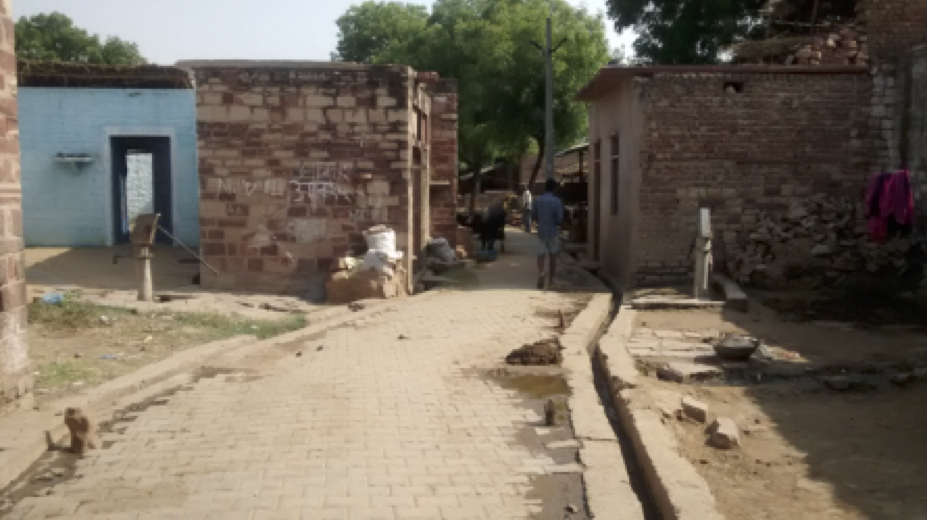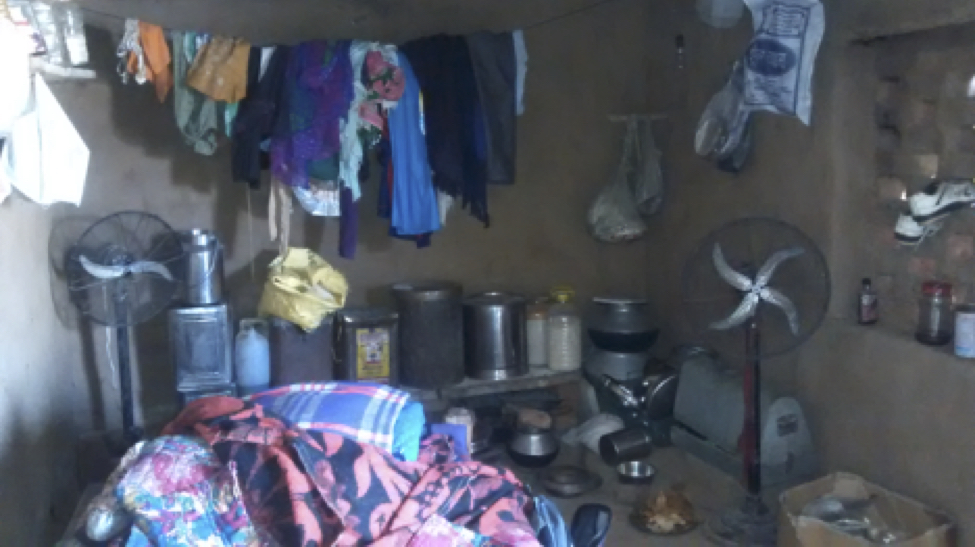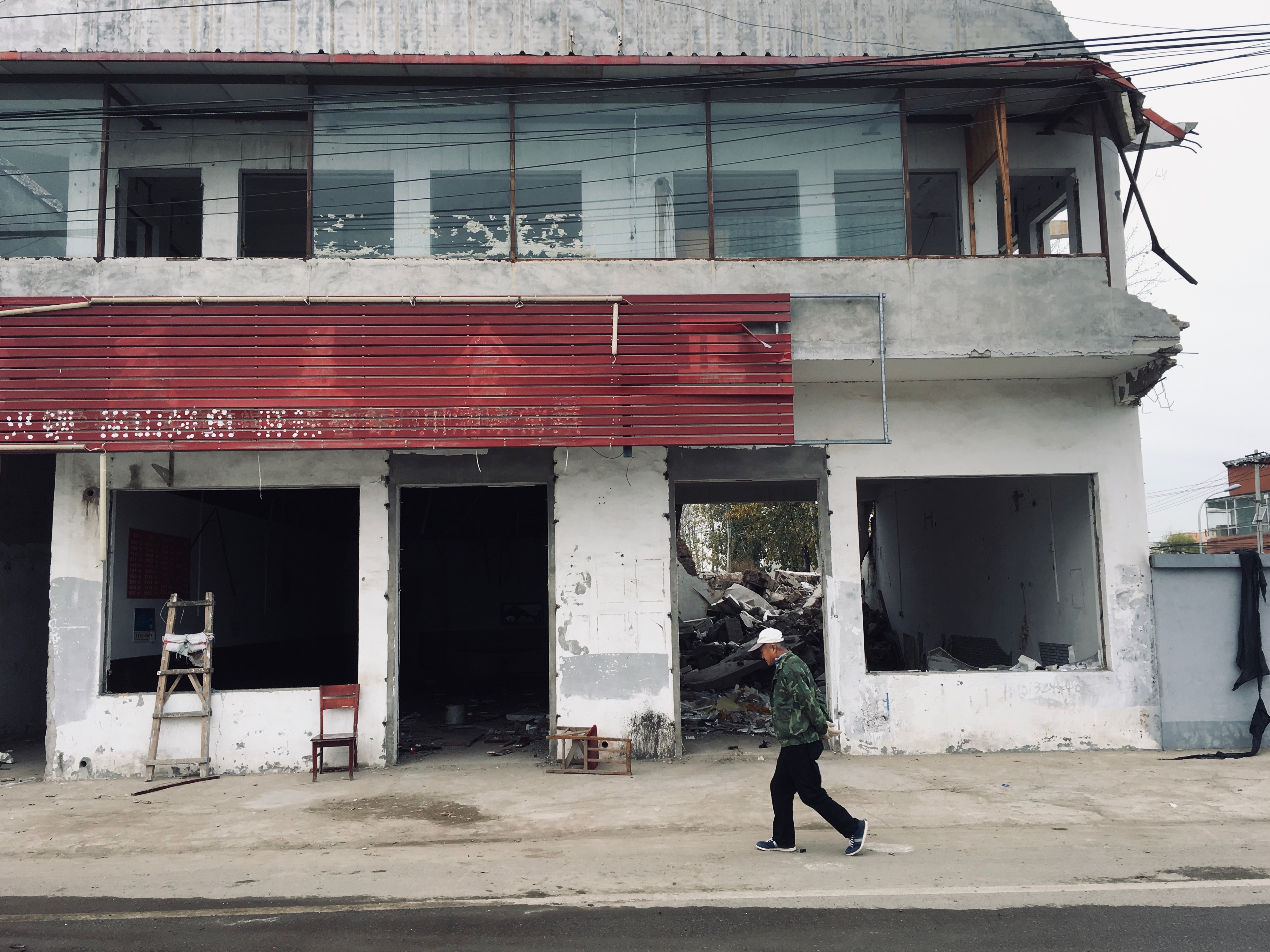Human research ethics training in the Western academy is focused on preventing psychological harm to research participants, but it does not tackle the possibility of psychological harm to researchers. While reflexivity is, indeed, required to understand the world between the researcher and the researched, the academy would also benefit from training researchers to handle their emotions when engaging with narratives of trauma, particularly during research with vulnerable populations, writes Sumeet Sekhon.
_______________________________________________
I repeated the question. This time a little more loudly. But I was again greeted by silence. Have I offended her in some way? Perhaps she doesn’t want to continue with the interview. As I sought an explanation for my respondent’s sudden silence, she leaned back against the wall and closed her eyes with a sigh. I asked if she was all right. “I am okay,behenji (sister), but I have not eaten anything for two days”, she replied. I stopped the interview and offered her some walnuts and almonds from the reserves I was carrying in my bag, but she did not even know what they were. When I explained that eating the nuts would give her some strength, she hesitatingly took some, but asked what she was supposed to do when she needed strength in the future. I did not have an answer.
All the piles of journal articles and books that I had accumulated in the last two years, a testament to my academic training, had not prepared me for this encounter in the field. I was conducting research among women from impoverished households in rural Rajasthan, but I was grossly unprepared to encounter poverty. Interestingly, however, this was not my first encounter with poverty. Poverty was all around me as I grew up in an urban, middle-class, Indian household in the form of the people who cooked and cleaned for us, the vegetable and fruit sellers, and the beggars and street-dwellers who existed in the margins of public spaces. Compassion for the underprivileged was as much a part of my middle-class upbringing as learning to think of them as the Other. The poor were objects of pity and recipients of generous donations, their identity and humanity reduced to the singular idea of poverty. I then left India to pursue higher education at a research-intensive university located in the Global North. Having put a significant amount of physical, emotional, and temporal distance between myself and my home country, and fortified by human research ethics training, I returned to carry out my PhD fieldwork.

For the first time in my life, I entered the homes of the poor, and sat down with them to learn about their experiences and perspectives. For the first time, I treated them as equals: fellow humans with the ability to understand the world which they inhabit. But this realisation of equality was accompanied by the burden of having ‘othered’ the poor in the past. Carrying this burden, and hankering to form respectful relationships with my research participants, I dressed in a pair of loose-fitting, worn-out jeans with knee-length, dull-coloured tunics, and long scarves to cover my chest in accordance with local customs. Even though I dressed in drab clothes and suffered from a perpetually upset stomach—caused by the liberal use of strong red chilli peppers in Rajasthani food and the searing summer heat of the North Indian plains—I still had the appearance of a well-fed and privileged person compared to my research participants.

The burden, as it turned out, was manifold. In addition to my class privilege, my academic training had made me acutely, and uncomfortably, aware of my position as a member of a historically oppressive group. Due to a timely introduction to democratic ideas and universal human rights, I personally rejected the caste system quite early in life, but grew up in an upper-caste household with strict segregation between the members of the household and the low-caste staff. Moreover, owing to the widespread caste-based social stratification, I did not have any meaningful interaction with low-caste people. The personal rejection remained theoretical. This realisation necessitated that I acknowledge my identity as an upper-caste woman—a reflexive task which I accomplished through conversations with colleagues, watching films, and reading about the caste system. Caste segregation is operationalised through a notion of purity, which means that the upper-castes can be polluted by any contact—for example, sharing food and water, a drinking water well, or even a place of worship—with low-castes. Therefore, in order to demonstrate to the research participants—indeed, to the whole village community—that I do not believe in the caste system, I partook of water, tea, and food with respondents and their families.
But my research participants, deprived of both the luxury of Western education and the economic opportunities needed to contest the caste system, continued to treat me with deference. For instance, I was invariably offered a chair, stool, or woven cot while the respondents sat down on the floor near me during the interviews. England (1994) explains that there is an inherent hierarchy in the relationship between the researcher and researched. My respondents were intensifying the already hierarchical nature of our relationship by physically creating a level difference between us. A widespread practice in North India, sitting at a lower level than those you regard to be your superiors in social status—largely defined by caste, class, age, and gender—is meant to show deference. In a feeble attempt to bridge the distance between us, I joined the respondents on the floor or asked them to join me on the cot. But each interview lasted for roughly an hour, while the betweenness—the world between the research participants and me—had been shaped by a centuries-long history of caste-based oppression, combined with a few hundred years of colonisation.
Often, post-graduate students in the social sciences who belong to the Global South, but undertake their studies in universities in the Global North, choose to conduct research in their home countries. These researchers are frequently motivated to choose a research subject based on their personal experience of growing up in societies with high levels of inequality: the formulation of research questions does not occur in a vacuum, but in the social, temporal, physical, and intellectual space inhabited by the researcher. This is in accordance with Haraway’s (1988) argument for situated knowledge: “I am arguing for the view from a body, always a complex, contradictory, structuring, and structured body, versus the view from above, from nowhere, from simplicity” (p. 16). Furthermore, these researchers often situate themselves within the intellectual space of postcolonial studies. Postcolonial discourse allows them to understand the impacts of colonisation on the lives of the subaltern, but it does not prepare them to acknowledge their own role in colonisation. Consider, for example, that many Indian scholars who pursue higher education in the Global North are descendants of upper-caste elites, people who were socio-economically positioned to reap the benefits of British education during the Raj.
When researchers from the global South undertake the reflexive task of thinking about their social location compared to their research participants—a necessary step to tackle the inherently more powerful position of the researcher, and to tip the scale of power dynamics in the favour of research participants—it can be emotionally debilitating for them to confront the many ways in which they themselves are the oppressors.
The proverbial cherry on top is the realisation that conducting research “on” the subaltern, even when undertaken by an altruistic, reflexive researcher, is an exploitative project informed by the theories and practices of Western knowledge paradigms. During my fieldwork, several research participants asked me what I was going to do with the information I was collecting. How does one go about explaining knowledge production in the neoliberal academy of the global North to people who worry about securing two meals a day for their families? “Likh likh ke toh khub le jate hain par hota kuch bhi nahi” (Many people come here to collect information, but nothing ever changes), remarked one of my respondents. Once more, I had no answer.
Upon the completion of my fieldwork, I realised that not only is it emotionally difficult to undertake research among marginalised and vulnerable populations, but that the degree of difficulty increases when the research is a response to socio-economic inequalities that bother you, and when you acknowledge your membership of an oppressive group which has played a role in creating these inequalities. Academic training, however, does not prepare researchers to deal with the consequences of such an acknowledgement. Furthermore, human research ethics training in the Western academy is focused on preventing psychological harm to research participants, but it does not tackle the possibility of psychological harm to researchers. While reflexivity is, indeed, required to understand the world between the researcher and the researched, the academy would also benefit from training researchers to handle their emotions when engaging with narratives of trauma, particularly during research with vulnerable populations.
References
England, K.V.L. (1994). Getting personal: Reflexivity, positionality, and feminist research. Professional Geographer 46(1): 80-89.
Haraway, D. (1988). Situated knowledges: The science question in feminism and the privilege of partial perspective. Feminist Studies 14(3): 575-599.
For citation: Sekhon, S. (2020). Field realities in the global South: Encounters with poverty and caste (17 December 2020) Blog entry. URL: https://blogs.lse.ac.uk/fieldresearch/2020/12/17/field-realities-in-the-global-south-encounters-with-poverty-and-caste/






Excellent article!